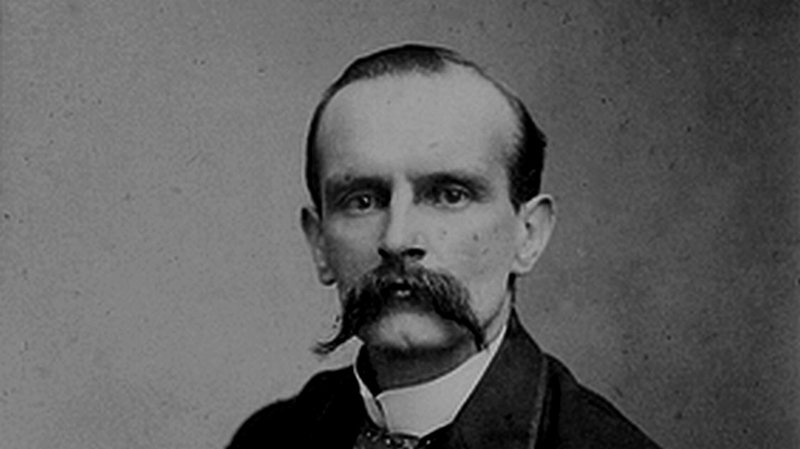Back to: History Primary 5
Hello, my brilliant Afrilearn superstar! I hope you’re having a fantastic learning day. Have you ever had a class where the teacher left a class captain in charge instead of handling everything themselves? That’s similar to what Lord Frederick Lugard did when he introduced indirect rule in Northern Nigeria in 1912. Let’s explore this interesting part of Nigeria’s history together!
1912 – Lord Lugard Established the System of Indirect Rule
Imagine a teacher who doesn’t want to teach every subject alone but instead asks some students to help manage the class while still following the teacher’s rules. This is exactly what the British did in Northern Nigeria when they introduced indirect rule. Instead of ruling the people directly, they used traditional rulers—like Emirs and Chiefs—to govern on their behalf.
Lord Frederick Lugard, who was appointed Governor of Northern Nigeria in 1912, introduced this system to make it easier and cheaper for the British to rule. But was this system fair? Did it work well? Let’s find out!
 What is Indirect Rule?
What is Indirect Rule?
Indirect rule was a system where the British allowed traditional rulers to govern their people but under British control. The rulers had to follow British laws, but they could continue their local traditions and customs.
Why Did Lord Lugard Introduce Indirect Rule?
- Cost-Effective: The British didn’t have enough officials to rule Nigeria directly, so they used existing local rulers instead.
- Familiar System: The Northern region already had a well-structured traditional government under the Emirate system (from the Sokoto Caliphate). The British simply took control of it.
- Less Resistance: People were more likely to obey their traditional rulers than foreign British officials.
How Did It Work in Northern Nigeria?
- The British ruled through Emirs, Chiefs, and District Heads.
- These rulers collected taxes, maintained law and order, and followed British policies.
- The British officials supervised the Emirs but did not interfere too much in their daily governance.
Impact of Indirect Rule
 It was successful in the North because of the existing Emirate system.
It was successful in the North because of the existing Emirate system.
It failed in the South because the Yoruba and Igbo people had more democratic and decentralized leadership, which made it hard for the British to impose indirect rule.
It gave too much power to some traditional rulers, leading to oppression and unfair taxation.
Conclusion
Lord Lugard introduced indirect rule in 1912 to make British governance easier and cheaper. This system worked well in the North because of the structured leadership under Emirs but struggled in the South. Indirect rule shaped Nigeria’s governance for many years and influenced how local leaders interacted with colonial powers.
Evaluation
- Who introduced indirect rule in Nigeria?
- Why was indirect rule more successful in Northern Nigeria?
- What role did traditional rulers play under indirect rule?
- How did indirect rule affect the South?
- Do you think indirect rule was a good system? Why or why not?
Wow! You are doing an amazing job learning about Nigeria’s history! Remember, knowledge makes you a great leader. Keep up the fantastic work, and I’ll see you in the next lesson. Keep shining, Afrilearn superstar!

 What is Indirect Rule?
What is Indirect Rule?